Argentina
Genneia Wind Farm
The project has a total installed capacity of 247.38 MW and is connected to the Argentine Interconnection System, offsetting part of the electricity generated by grid-connected power plants.
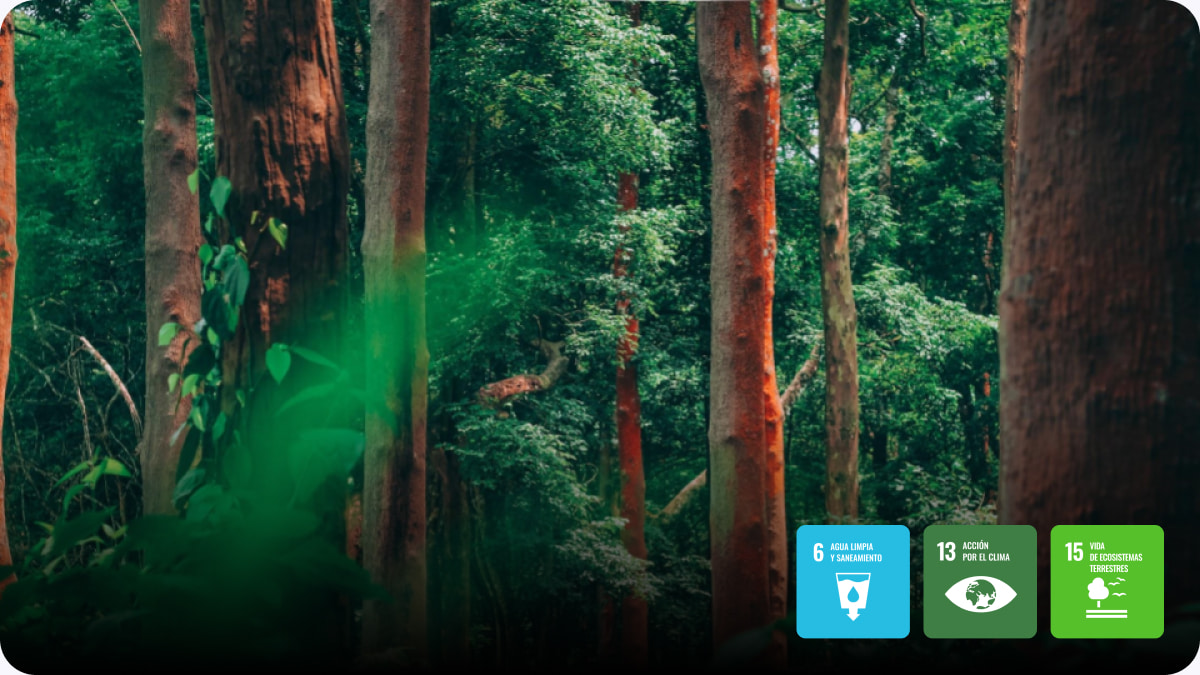 In this way, it will contribute to sustainability by increasing the share of renewable energy and reducing GHG emissions.
In this way, it will contribute to sustainability by increasing the share of renewable energy and reducing GHG emissions.
Impacts:
- 1,094 GWh of renewable electricity generated per year.
- 71 wind turbines.


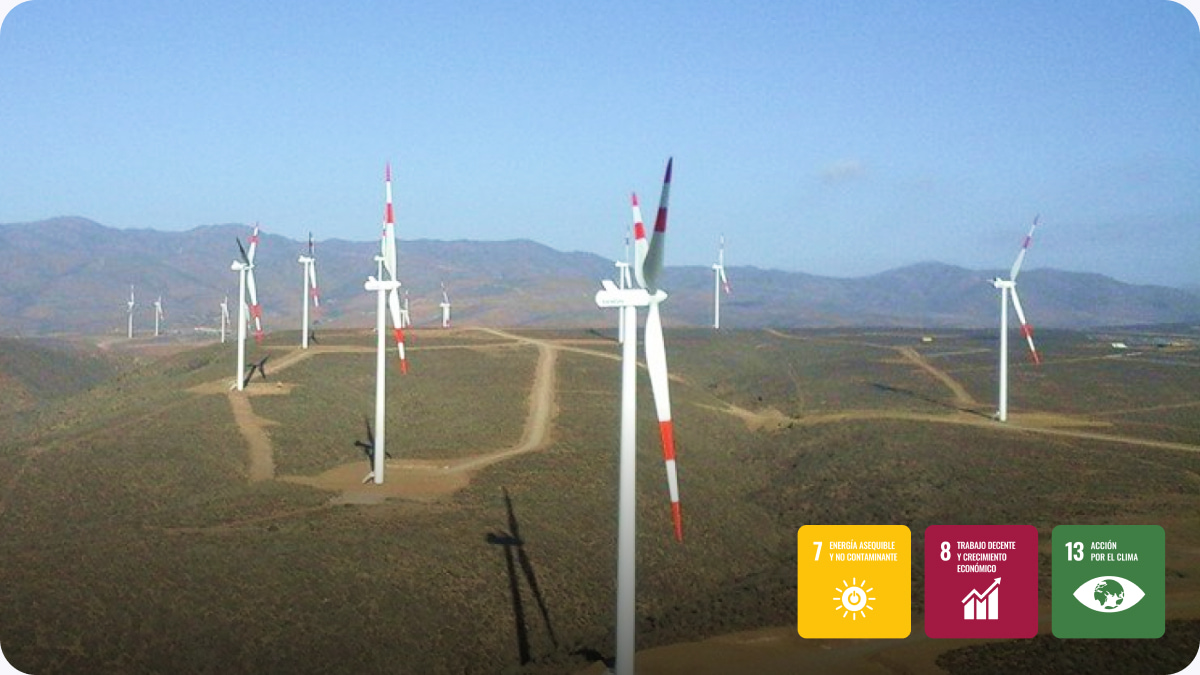 This represents a crucial solution, as the electricity generation mix of the SIC (Central Interconnected System) was primarily weighted toward fossil fuels.
This represents a crucial solution, as the electricity generation mix of the SIC (Central Interconnected System) was primarily weighted toward fossil fuels. 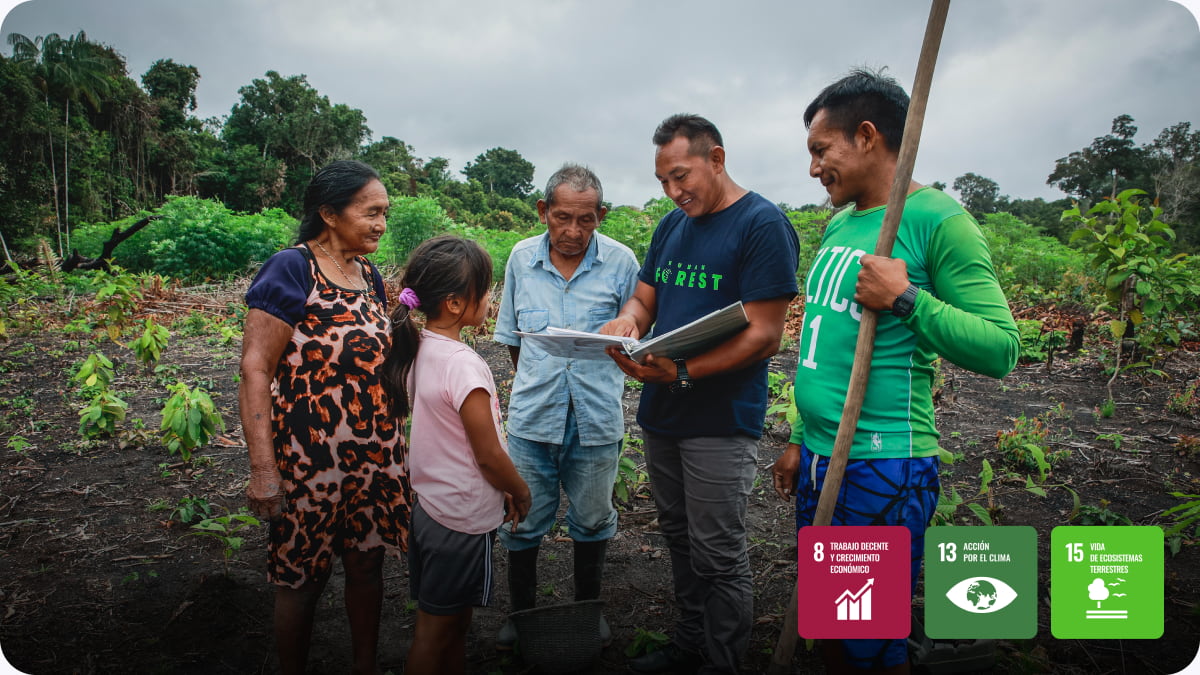 Designed with a forty-year perspective, this project has enabled the reserve to access decent employment and experience sustainable economic growth, fostering overall well-being.
Designed with a forty-year perspective, this project has enabled the reserve to access decent employment and experience sustainable economic growth, fostering overall well-being.
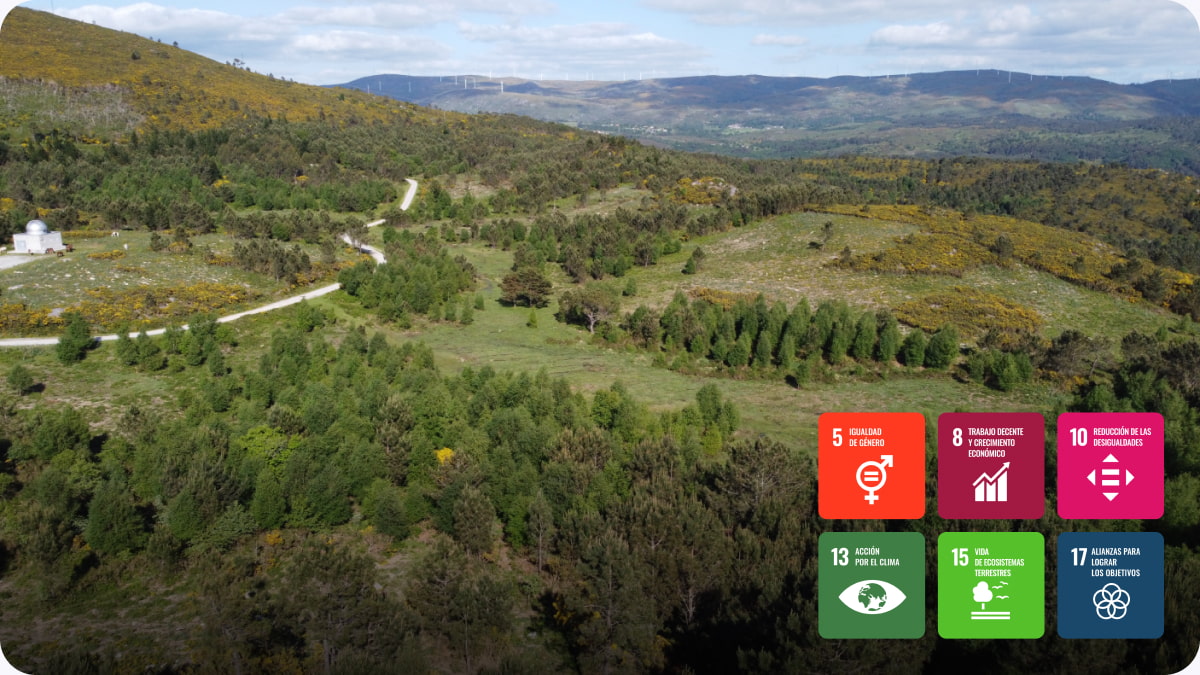 The mix of species used in reforestation will help break the horizontal canopy continuity typical of plantations, which is often responsible for the spread of wildfires.
The mix of species used in reforestation will help break the horizontal canopy continuity typical of plantations, which is often responsible for the spread of wildfires.
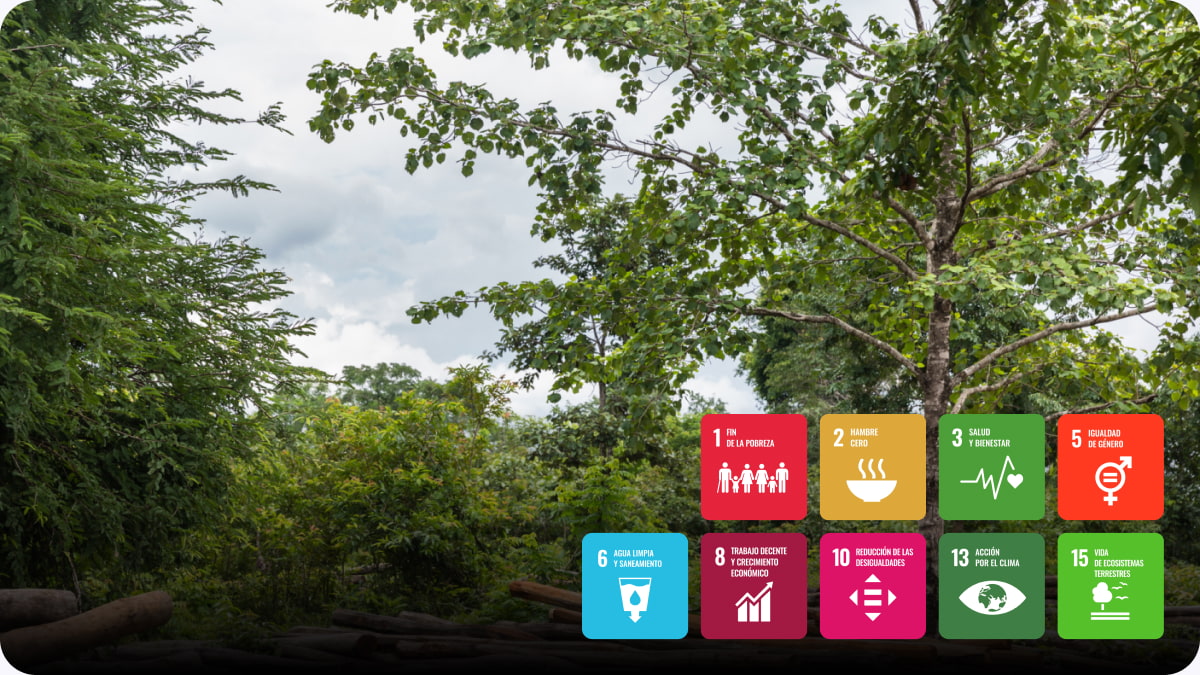 The native communities are the proponents of this project, and their main goal is to help prevent the expansion of agriculture caused by the rapid population growth and migration by establishing coordination and permanent alliances with institutions carrying out conservation activities.
The native communities are the proponents of this project, and their main goal is to help prevent the expansion of agriculture caused by the rapid population growth and migration by establishing coordination and permanent alliances with institutions carrying out conservation activities.
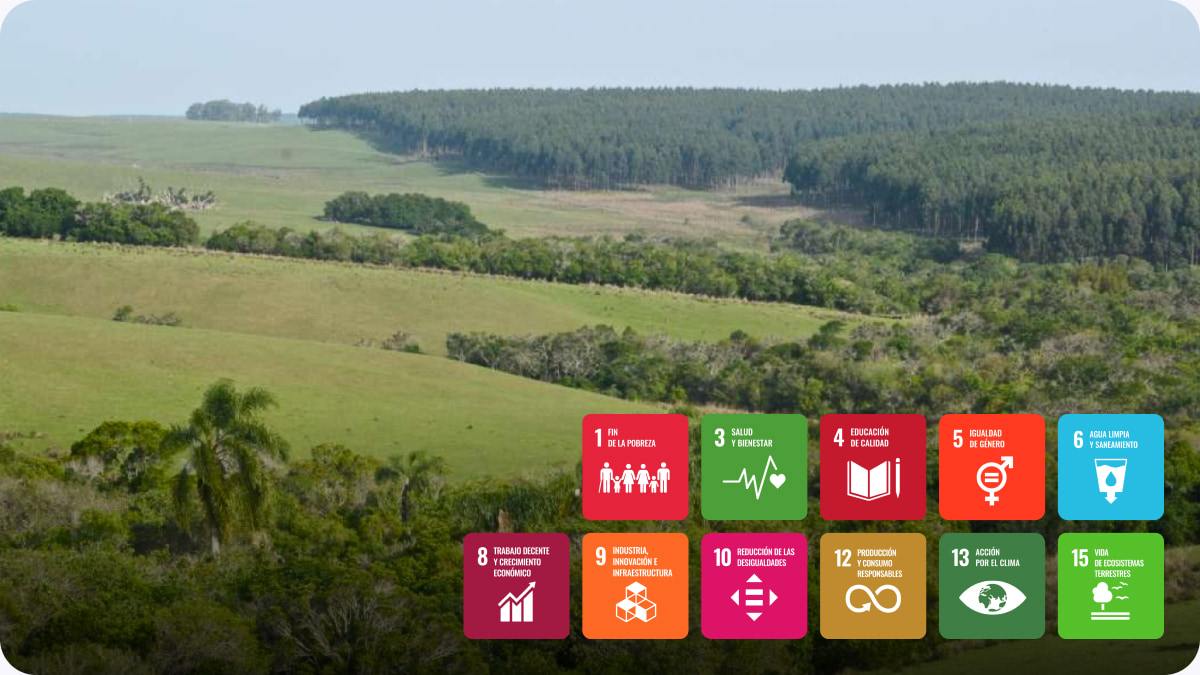 The incorporation of technology and the development of new international production chains open doors to reforestation and a new level of well-being for the local community.
The incorporation of technology and the development of new international production chains open doors to reforestation and a new level of well-being for the local community.







